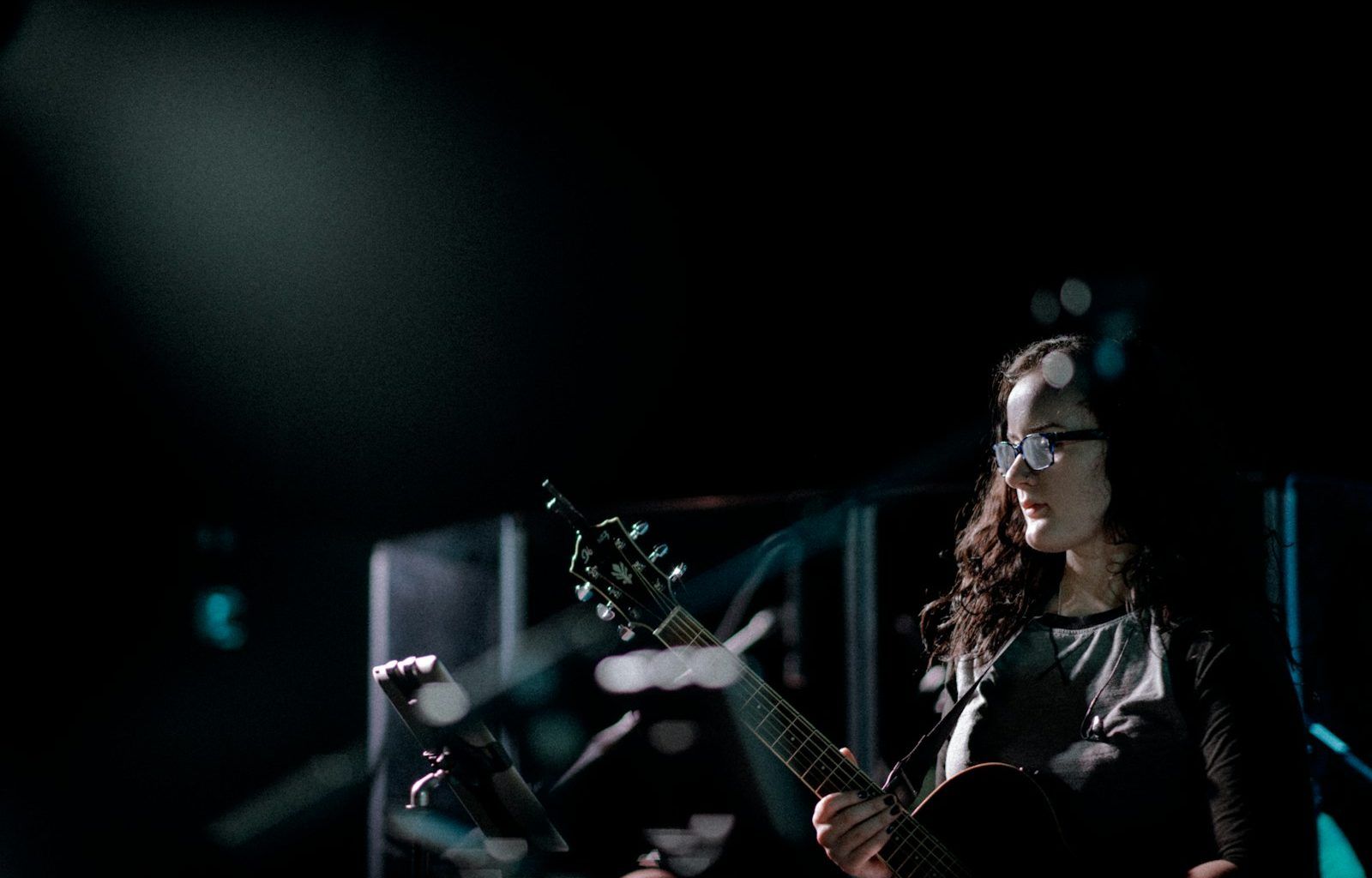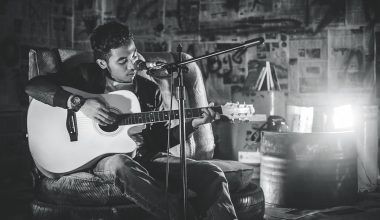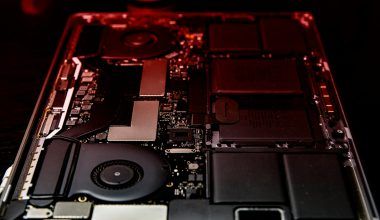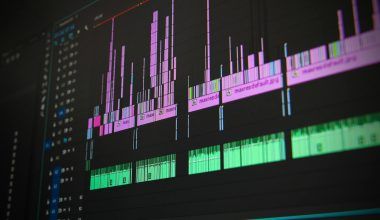Building a music studio, whether at home or professionally, can feel a bit overwhelming. With so many different types of equipment available, it’s hard to know where to start. Don’t worry, though! This guide breaks everything down step-by-step so you can pick the best tools for your setup without any confusion.
By the end of this blog, you’ll feel confident about the gear you need and why it’s important. Let’s dive into the world of music studio gear reviews and help you build the studio of your dreams.
Why Does Music Studio Gear Matter?
Imagine you’re trying to create the perfect song, but your tools just aren’t good enough. Maybe the microphone doesn’t pick up your voice clearly, or the speakers make it hard to hear the details in your music. That’s why the right studio gear is essential. It helps you:
- Record sound clearly.
- Mix tracks with precision.
- Create music that sounds amazing on any device.
Having the right gear doesn’t just improve quality—it makes the entire music-making process easier and more enjoyable.
What Gear Do You Need for a Music Studio?
Every studio, no matter how small or large, needs a few essential items:
- Microphone: For recording vocals and instruments.
- Audio Interface: Connects your microphone and instruments to your computer.
- Studio Monitors: Special speakers that let you hear your music accurately.
- Headphones: Helps you focus on details while recording or mixing.
- MIDI Controller: Lets you create and control digital music.
- DAW (Digital Audio Workstation): Software where you record and edit your music.
Best Microphones for Your Studio
1. Condenser Microphones – For Detailed Sound
Condenser microphones, like the Audio-Technica AT2020 and Rode NT1-A, are great for capturing small details in sound. They work best in a quiet room, making them ideal for recording vocals and acoustic instruments.
Why Choose Condenser Microphones?
- They capture clear and detailed audio.
- Perfect for studio settings with low noise.
2. Dynamic Microphones – Durable and Reliable
If you’re recording louder sounds like drums or electric guitars, dynamic mics are your best bet. The Shure SM58 and SM7B are industry standards that deliver robust performance in almost any situation.
Why Choose Dynamic Microphones?
- Tough and long-lasting.
- Handles loud sounds without distortion.
Tips for Picking a Microphone
- Think about what you’ll record most. Vocals? Instruments? Podcasts?
- Set a budget. Quality microphones are available at various price points.
What Is an Audio Interface, and Why Do You Need One?
An audio interface is like the heart of your studio. It connects your microphone, instruments, and computer so they can work together. Without it, recording music would be nearly impossible!
Top Audio Interfaces
- Focusrite Scarlett 2i2: Affordable and easy to use, perfect for beginners.
- Universal Audio Apollo Twin X: A premium option with excellent sound quality and advanced features for professionals.
Features to Look for in an Audio Interface:
- Number of Inputs and Outputs: More inputs mean you can connect more devices at once.
- Sound Quality: Good preamps and converters ensure clean recordings.
- Ease of Use: Choose a design that feels simple to operate.
Why Studio Monitors Are Better Than Regular Speakers
Studio monitors are not your everyday speakers. They are designed to give you an accurate representation of your music. This means you’ll hear every detail, good or bad.
Best Studio Monitors
- Yamaha HS5: A favorite for beginners with its flat sound profile.
- KRK Rokit 5 G4: Known for its punchy bass and great design.
- Adam Audio A7X: Perfect for professionals looking for incredible clarity.
How to Use Studio Monitors:
- Place them at ear level.
- Keep them away from walls to avoid sound reflections.
Do You Really Need Studio Headphones?
Yes, absolutely! Headphones are essential when you need to hear every small detail in your track, especially during recording and late-night mixing sessions.
Types of Studio Headphones
- Closed-Back Headphones: Block outside noise, great for recording. Try the Audio-Technica ATH-M50x.
- Open-Back Headphones: Offer a natural sound, ideal for mixing. The Beyerdynamic DT 990 Pro is a fantastic option.
MIDI Controllers for Digital Music
A MIDI controller is like a musical keyboard that connects to your computer. It’s perfect for playing and creating beats, melodies, or even full songs.
Popular MIDI Controllers
- Akai MPK Mini MK3: Compact and affordable for beginners.
- Novation Launchkey 49: Best for working with Ableton Live.
DAWs: The Software Behind Every Great Song
A DAW is where you record, edit, and mix your music. Think of it as your virtual music studio.
Best DAWs for Beginners and Pros
- GarageBand: Free and beginner-friendly for Mac users.
- Ableton Live: Perfect for electronic music and live performances.
- Pro Tools: Industry-standard for recording and mixing.
Accessories That Make a Big Difference
Sometimes, the smallest things can make a huge impact:
- Pop Filters: Reduce popping sounds during vocal recordings.
- Shock Mounts: Keep your microphone steady.
- Quality Cables: Ensure smooth connections between devices.
How Much Does a Music Studio Cost?
It depends on what you need. Here’s a simple breakdown:
- Basic Setup: ₹30,000–₹50,000.
- Intermediate Setup: ₹1,00,000–₹2,00,000.
- Professional Setup: ₹3,00,000 and above.
Tips to Maintain Your Studio Gear
Taking care of your gear ensures it lasts longer:
- Clean microphones and cables regularly.
- Protect equipment from dust and moisture.
- Check for loose connections often.
Real Stories from Musicians
Many artists started with just a laptop and a basic microphone. As their music grew, so did their studios. Take inspiration from stories like these:
- Arjun’s Journey: “I began with a second-hand dynamic mic and slowly built my dream studio.”
- Priya’s Production: “Investing in good monitors made my mixing so much better. It’s worth every penny!”
Wrapping It Up
Building a music studio doesn’t have to be stressful. Start with the basics, and upgrade as you go. Remember, great music comes from creativity and passion—not just expensive gear. Let these music studio gear reviews guide you to the perfect setup.
So, are you ready to create your perfect studio? Dive in and start making magic!
Related Articles:
For further reading, explore these related articles:
- Top 10 Music Streaming Platforms That You Need to Explore
- Top Music Mixing Techniques to Make Your Tracks Shine
For additional resources on music marketing and distribution, visit DMT RECORDS PRIVATE LIMITED.






